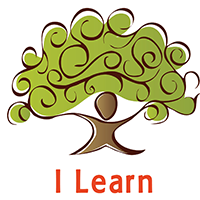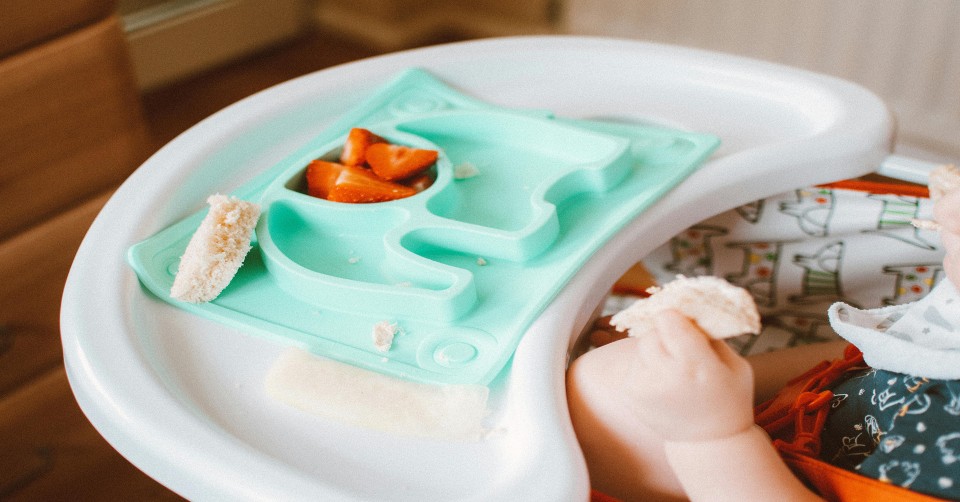Intervention and Treatment
How can you support your child with Dyscalculia?
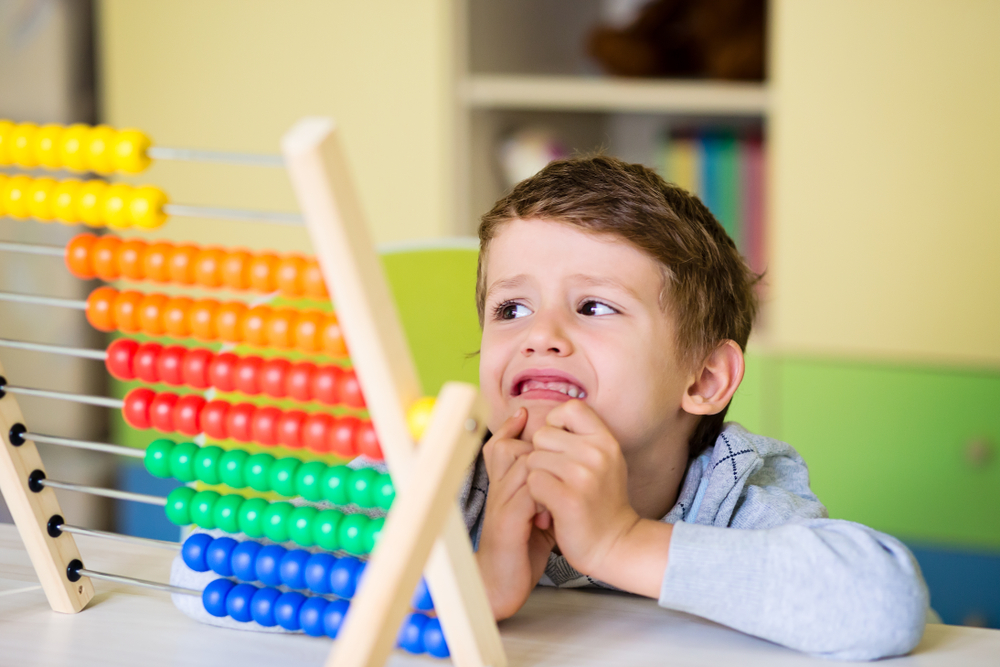
Dyscalculia is a specific learning difficulty in math and involves difficulty conceptualizing and performing mathematics. Students with dyscalculia may have difficulty understanding number-related concepts or using symbols or functions needed for success in mathematics. It doesn’t just affect them at school; however, the challenges can also create difficulties in daily life.
The good news is there are various supports and strategies that can help students gain the skills they need.
Characteristics of Dyscalculia
Math difficulty often looks different at different ages. It tends to become more apparent as kids get older.
The most common difficulties in dyscalculia are:
-
Reading and writing numbers
-
Making sense of number and estimating a small group of objects without counting “Subitizing”
-
Understanding concepts like place value, carrying and borrowing (regrouping)
-
Remembering ‘basic’ facts, despite many hours of practice.
-
Organizing problems on the page
-
Handling money and telling the time.
-
Recognizing patterns when adding, subtracting, multiplying, or dividing
-
Remembering mathematical procedures, especially as they become more complex, for example ‘long’ division.
-
Understanding concepts related to time such as days of the week, months and seasons
-
Understanding and solving word problems
-
Grasping information shown on graphs or charts.
-
Measuring things like ingredients in a simple recipe or liquids in a bottle.
-
Mental Math.
How can you help your child with Dyscalculia?
Children with dyscalculia benefits from intensive structured individualized intervention programs that utilize multisensory teaching techniques and strategies. Multisensory approach develops learning through the use of more than one sense.
The earlier you start providing this intervention with specialist the better it is for your child. Furthermore, make sure you build a collaboration channels with your child school teachers, to ensure your child's specific needs are being met at school.
Parents have a distinctive role in giving their child the support they need by building their math skills at home and help them stay motivated to improve his/her skills.
Here are some practical ideas that parents can use at home to facilitate their child's math learning experience at home:
Begin with a warm-up activity
Start with an easy exercise that is short, simple and fun. For example, I like to start with a numbers game using a deck of cards.
The goal is to get kids to access what they already know. This gives them the boost they need before working on a more challenging math assignment.
Explore multisensory techniques for teaching math that you can use at home
1. Play with Dominos:
using dominos and dice would help your child visualize number concept from 1-6. For example instead of counting the individual dots each time, your child will learn the patterns on dominos and dice and relate it to number concept. After he/she learns the patterns try to practice by choosing other games that use dice patterns.
2. Use manipulative:
- Seeing and handling a tangible object will help your child better understand that abstract principles of mathematics. Lego's and simple blocks can be used to teach addition and subtractions.
- Play with your child by using manipulative for numbers, hide them with your hand and ask your child to guess, this will help your child to visualize the number pattern for each number or different groups of numbers.
Use well-known and research proved manipulative that would help your child learn number concept. Those manipulative uses visual and concrete objects to develop conceptual understanding of math. Such as: "Base Ten Blocks" and 'Numicons'
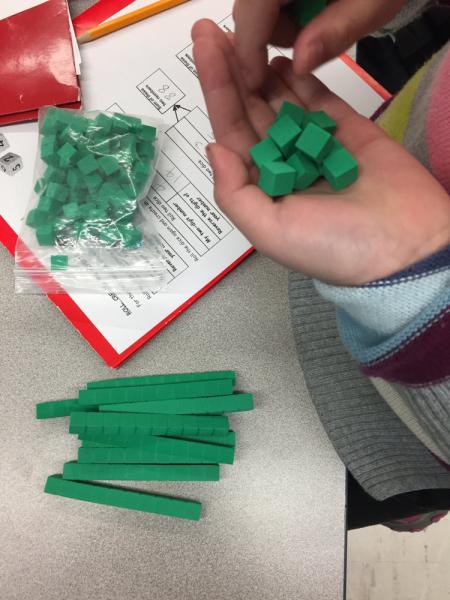
3. Play math games:
- Math games give kids a fun way to practice math skills, like counting, mathematical steps.
- Playing math games may help reduce your child’s math anxiety.
- There are many different types of games to explore, including board games and video games.
4. Use music:
sing songs to memorize math rules or steps of regrouping or long division..etc
5. Use movement into math / demonstrate angles by rotating their body while standing in a hula-hope.
Or write numbers or problems (fractions / decimals) on a ball throw ball to your child to read numbers or solve problems.
6. Teach your child the language of math.
It's beneficial to teach children a variety of math terms and synonyms. Addition concept: plus, increase, more than … etc.
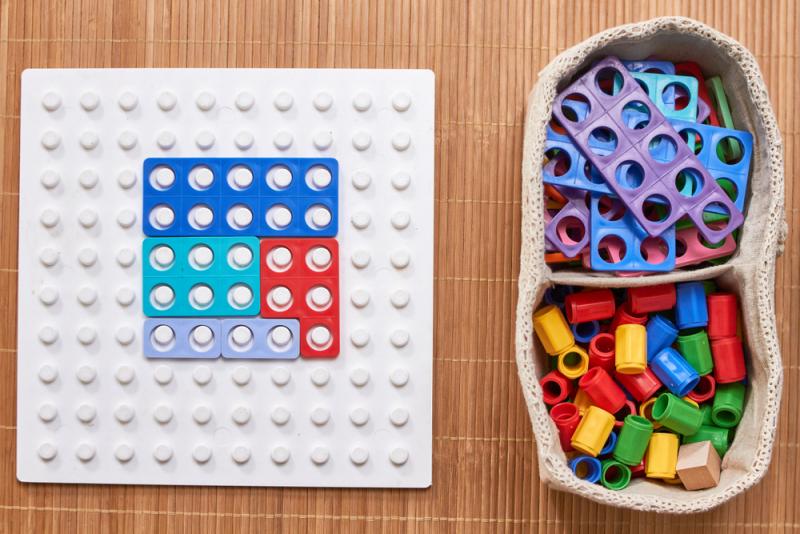
7. Teach your child to circle or highlight keywords in word problems and ask him/ her to draw or act the math problem.
8. Provide real-life experiences to practice math skills.
Learn ways to help build your child's self-esteem
Improving self-esteem is important for learning and how he/she feels about himself/herself. Help your child recognize his/her areas of stre

